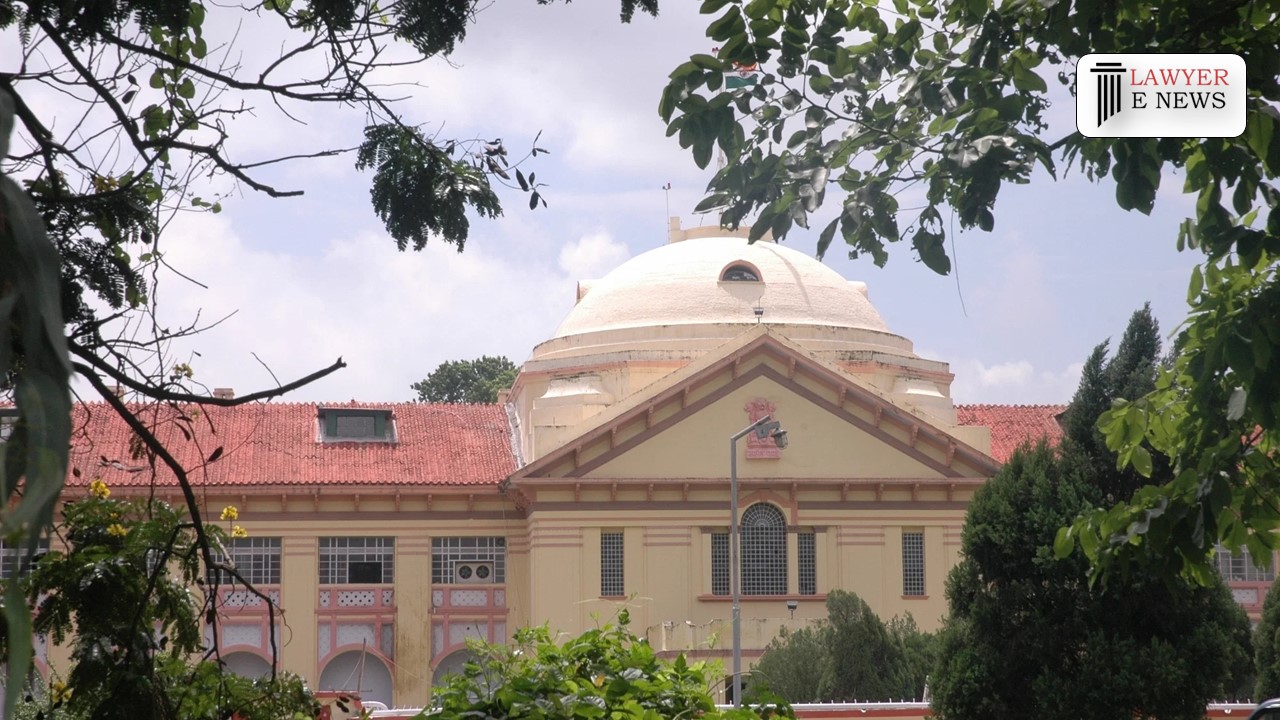-
by Admin
15 February 2026 5:35 AM



Striking Down Bihar’s Enhanced Reservation Policy, Court Cites Lack of Rational Analysis and Adherence to Constitutional Limits
In a significant verdict, the Patna High Court has nullified the Bihar government’s decision to increase reservations for backward classes, scheduled castes, and scheduled tribes to 65%. The court, led by Chief Justice K. Vinod Chandran and Justice Harish Kumar, reiterated the constitutional ceiling of 50% on reservations, stressing the importance of rational analysis and adherence to established legal principles.
The Bihar government, citing data from a caste survey, introduced amendments to the Bihar Reservation of Vacancies in Posts and Services Act and the Bihar Reservation (in Admission to Educational Institutions) Act in 2023. These amendments aimed to increase the reservation quota to 65%, arguing that the majority of the state’s population belongs to marginalized communities. This legislative move faced strong opposition, with petitions filed challenging the constitutionality of the enhanced quotas, leading to the current judicial review.
Constitutionality of the Reservation Increase:
The court meticulously reviewed the Bihar Reservation of Vacancies in Posts and Services (for Scheduled Castes, Scheduled Tribes, and Other Backward Classes) Amendment Act, 2023, and the Bihar Reservation (in Admission to Educational Institutions) Amendment Act, 2023. It found these amendments to be unconstitutional. The bench emphasized that the enhancement of reservations beyond the 50% limit is not permissible under Articles 15(4) and 16(4) of the Constitution, which speak to the principles of “adequate representation” rather than “proportionate representation.”
Importance of Adequate Representation:
The court highlighted that adequate representation is central to both Articles 15(4) and 16(4). The bench noted, “Reservations should not exceed 50%, barring extraordinary situations inherent in the great diversity of this country and its people, such as far-flung and remote areas.” The court underscored that Bihar does not fall into such exceptional circumstances.
Absence of Detailed Analysis:
The judgment criticized the Bihar government for failing to conduct an in-depth analysis of the caste survey data. “There was no scientific analysis conducted nor was any expert appointed to make analysis of the data collected,” the court observed. The court pointed out that the state’s decision was primarily based on the proportion of population and not on a rational and objective analysis of adequate representation.
The court extensively referenced the Supreme Court’s landmark judgment in Indra Sawhney v. Union of India, which set the 50% ceiling for reservations. It reiterated, “The rule of 50% limit in reservation applies to the Backward Classes, Scheduled Caste, and Scheduled Tribes, which is equally applicable under Article 15(4) and Article 16(4).”
The bench noted that the ceiling could only be breached in exceptional circumstances, which were not present in Bihar. The judgment also referenced subsequent Supreme Court rulings, including M. Nagaraj v. Union of India and Janhit Abhiyan v. Union of India, to emphasize that any departure from the 50% rule requires extraordinary justification.
Chief Justice K. Vinod Chandran remarked, “The enhancement of reservations beyond the 50% limit is bad in law based on the principles of equality emanating from the Constitution, as laid down by the wealth of precedents discussed in this judgment.”
Justice Harish Kumar added, “The reservation policy must ensure efficiency in administration while enabling reparations by way of affirmative action. The current amendments do not meet this constitutional balance.”
The Patna High Court’s decision sends a strong message regarding the constitutional limits on reservations. By invalidating the Bihar government’s attempt to enhance reservation quotas, the judgment reaffirms the judiciary’s role in maintaining the delicate balance between affirmative action and the principles of equality. This ruling is expected to have significant implications for future policies on reservations in India, ensuring that any deviations from the established ceiling are well-justified and exceptional.
Date of Decision: 20-06-2024
Gaurav Kumar & Ors. V. The State of Bihar & Ors.
